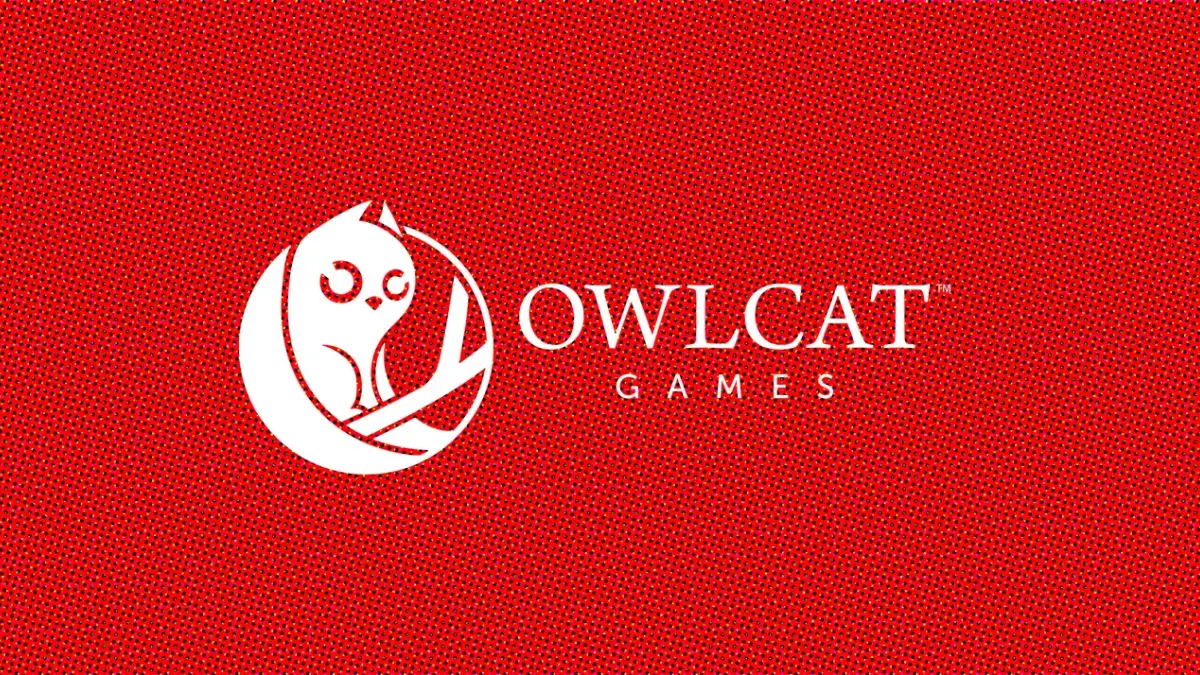Owlcat Games has released a free online learning hub that collects and organizes recommended resources for game developers. The site went live at owlcat.games/learning and requires no login or payment.
The hub functions as a curated directory that links to external materials across multiple disciplines. Developers can filter by programming, game design, art, audio, QA, production, narrative writing, and more. Each entry includes a title, content type, and a link to the source.
Resources include books available through retailers, tutorial videos, articles, and courses. Popular programming books like Clean Code, Clean Architecture, and Design Patterns appear in the catalog. Technical articles such as “What Every Programmer Should Know About Memory” are also featured. Tutorial content spans various engines and tools.
Owlcat describes the initiative as industry-uplifting, using the phrase “a rising tide lifts all ships” to frame its philosophy. The studio wants to make foundational and advanced learning materials easier to discover for both aspiring and working developers.
The site includes a popularity system where users can like resources. This surfaces frequently recommended materials at the top of filtered lists. The hub aggregates existing third-party content rather than providing original Owlcat-written courses.
Owlcat Games is best known for creating large-scale isometric RPGs. The studio developed Pathfinder: Kingmaker in 2018 and Pathfinder: Wrath of the Righteous in 2021, both built in Unity. Most recently, it released Warhammer 40,000: Rogue Trader in 2023, marking the first classic cRPG set in the Warhammer 40K universe.
Game development learning resources are typically scattered across engine-specific platforms, publishers, and community sites. Unity Learn and Unreal Online Learning focus on their respective engines. GDC Vault offers conference sessions. GitHub hosts community-maintained lists. Owlcat’s hub attempts to centralize recommendations across all disciplines in one place.
Early browsers have spotted both evergreen materials and version-specific content. Some Godot tutorials date back to version 3.2, which predates the major changes in Godot 4. The mix reflects both timeless fundamentals and tools that evolve with software updates.

